OTA Commission Rates: Airbnb, Vrbo and More

Online Travel Agencies (OTAs) like Airbnb, Vrbo, Booking.com and Tripadvisor have become essential tools for vacation rental hosts looking to reach a wider audience. These platforms make it easy for travelers to find and book accommodations — but they come at a cost. OTAs charge commission fees that vary based on the platform, property type and booking model.
For hosts, choosing the right OTA (or mix of OTAs) is a strategic decision. Balancing commission costs with booking volume is key to maximizing revenue. In this guide, we’ll break down OTA commission structures, explore how they impact your bottom line and help you make informed decisions about where to list your property.
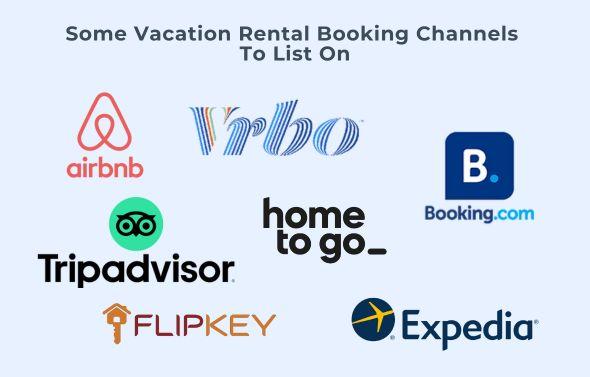
What Are OTA Commission Rates?
OTA (Online Travel Agency) commission rates are the fees that platforms like Airbnb, Vrbo, Booking.com and Expedia charge property managers and hosts for listing their rentals. These fees are usually a percentage of each booking or, in some cases, a fixed rate. While paying commissions may seem like a downside, OTAs provide significant value by increasing visibility, driving bookings and handling key aspects of marketing, customer support and reputation management.
These commissions help cover the massive advertising budgets that OTAs invest in attracting travelers — Expedia, for example, spent $1.65 billion USD in Q1 of 2024 alone on marketing. Without an OTA’s reach, property managers would need to spend heavily on direct marketing to achieve similar booking volumes.
Commission structures vary across platforms and some OTAs charge both hosts and guests differently. For example, Booking.com takes a flat 15% commission from hosts while charging guests nothing, whereas Airbnb and Vrbo have different fee models that can depend on whether a host chooses a split-fee or host-only commission model. Understanding these variations is key to making informed decisions about where to list your property ��— and how to balance costs with booking volume using channel management strategies.
How Do OTA Commission Rates Vary?
OTA commission rates are not fixed — while major platforms typically charge between 15% and 30%, some smaller or niche OTAs offer significantly lower fees, sometimes as low as 4%. Even within the same OTA, commission rates can vary based on location, property type and specific agreements with hosts.
Before listing your vacation rental, it’s important to research each OTA’s fee structure and weigh it against the value they provide. Some platforms justify higher fees by offering greater visibility, strong marketing support or access to a specific traveler demographic. A well-thought-out channel management strategy ensures that you’re listing on OTAs that align with your business goals while keeping commission costs under control.
To decide whether an OTA is the right fit, ask yourself:
Does this OTA attract my target audience?
What regions does this platform perform best in?
How does their commission structure work?
Are there additional fees or cost offsets?
What benefits does this OTA provide beyond visibility?
Is the commission rate justified by the platform’s value?
Not all OTAs are created equal and selecting the right mix is key to maximizing revenue while keeping expenses in check. By evaluating commission rates alongside the OTA’s reach, booking potential and marketing power, hosts can make informed decisions that support their long-term vacation rental strategy.
Understanding Commission Structures Across Vacation Rental Booking Channels
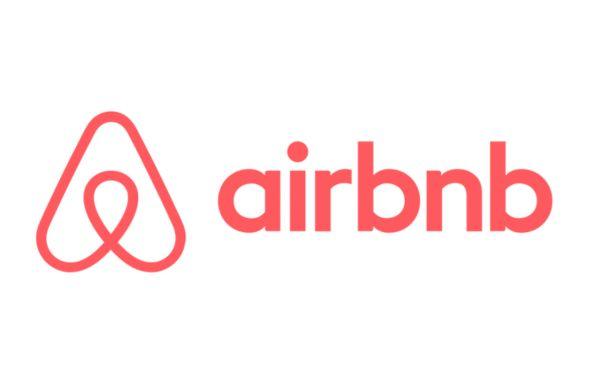
Airbnb
Airbnb offers two fee structures, a split-fee model and a host-only fee model.
Split-fee model:
Most hosts pay a 3% service fee per booking, which is deducted from their payout. Guests also pay a service fee of up to 14.2% of the booking subtotal (excluding taxes and Airbnb fees). The exact guest fee varies based on factors like location and booking details.
Host-only fee model:
In this model, also known as the simplified pricing model, hosts cover the entire service fee, which ranges from 14% to 16% of the booking subtotal. While this increases the host’s upfront costs, it can lead to higher booking conversion rates since guests see a lower final price. In fact, Airbnb prioritizes host-only fee listings in search results, making this an appealing option for hosts looking to increase bookings.
For vacation rental hosts, choosing the right fee model is an important part of channel management. While the split-fee model keeps commission costs lower for hosts, the host-only model can improve booking rates by making listings appear more attractive. Understanding how Airbnb commission rates affect your pricing strategy will help you maximize revenue while staying competitive.
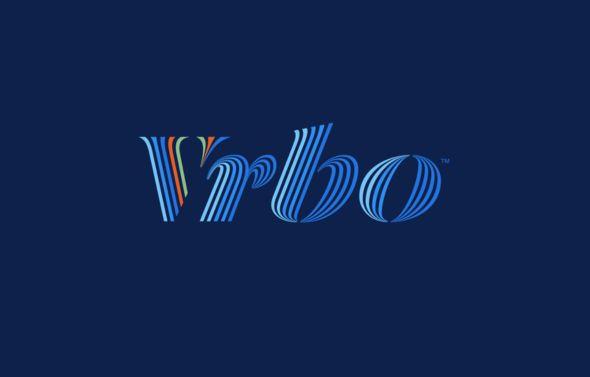
VRBO
Vrbo offers vacation rental hosts two pricing models, an annual subscription fee or a pay-per-booking commission model. Choosing the right option depends on your booking volume, revenue goals and overall channel management strategy.
1. Vrbo annual subscription
Hosts can pay a flat annual fee to list their property, with no per-booking commission.
As of March 2025, the subscription fee is $699 per year.
This option benefits hosts with high booking volumes, as it eliminates variable commission costs.
Subscription perks include access to international listings, reservation management tools and enhanced listing features.
2. Vrbo pay-per-booking fees
For hosts who prefer not to pay an upfront fee, Vrbo charges a commission per booking:
5% base commission fee (applied to the rental rate, cleaning fees and any additional charges, excluding taxes).
3% payment processing fee, bringing the total to 8% per booking.
If you use a property management software (PMS), an additional 5% booking fee applies for reservations made through Vrbo-affiliated sites. Bookings processed outside Vrbo's checkout system can see fees as high as 10%.
Which Vrbo pricing model is best?
The annual subscription model is ideal for high-occupancy vacation rentals generating more than $10,000 annually — this is when the fixed subscription cost becomes more cost-effective than paying per booking.
The pay-per-booking model is better suited for hosts with lower booking volume, seasonal rentals or those just starting out in the short-term rental (STR) market.
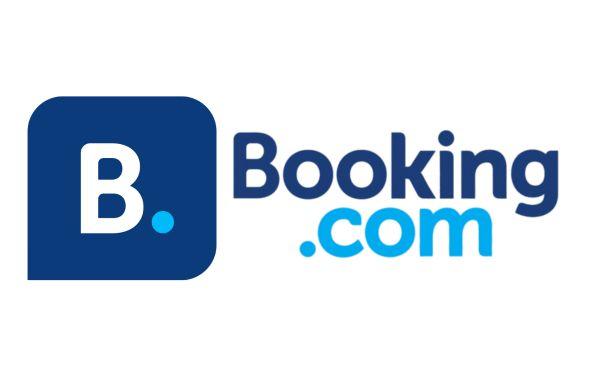
Booking.com
Booking.com operates on a commission-based pricing model, meaning hosts pay a percentage of each booking rather than a flat fee. Unlike some OTAs, Booking.com does not charge guests a service fee — the full commission is deducted from the host’s earnings.
How much does Booking.com charge?
The standard Booking.com commission rate averages 15%, though it can range from 10% to 25% depending on your location, property type and agreement with the platform.
Since 2019, an additional 2.2% payment processing fee may apply in some regions.
Hosts can use Booking.com’s commission calculator to determine their exact rate.
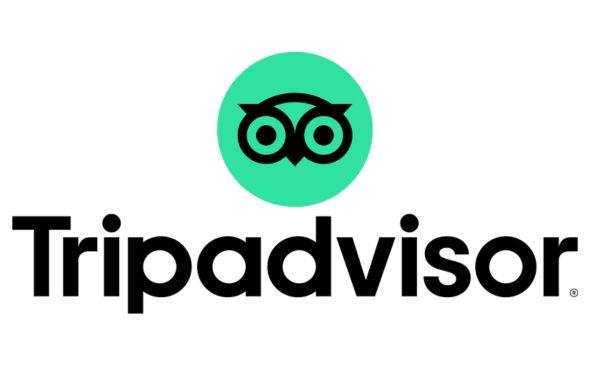
Tripadvisor
Tripadvisor offers two listing options for vacation rental hosts: a free listing or a paid annual subscription. The right choice depends on your booking volume, pricing strategy and overall channel management approach.
1. Free listing (Pay-per-booking model)
Hosts can list their properties for free, but Tripadvisor charges a 3% processing fee on each booking.
This fee is calculated on the total booking price, including mandatory and optional fees (excluding taxes).
Guests pay a service fee ranging from 8% to 16%, which is included in the final price but not displayed as a separate charge.
2. Paid annual subscription
Instead of paying a commission per booking, hosts can choose an annual listing fee that allows them to accept direct payments and avoid the 3% processing fee.
The annual fee varies by property and is not publicly disclosed, as Tripadvisor customizes pricing based on the listing’s location, size and potential revenue.
Which model is best?
The free listing model is great for hosts who want to minimize upfront costs and prefer a pay-as-you-go approach.
The annual subscription model benefits high-volume hosts who can offset the upfront cost by saving on per-booking fees.
For vacation rental owners managing multiple listings, integrating Tripadvisor with a channel management system can streamline operations, ensuring real-time availability updates across multiple platforms.
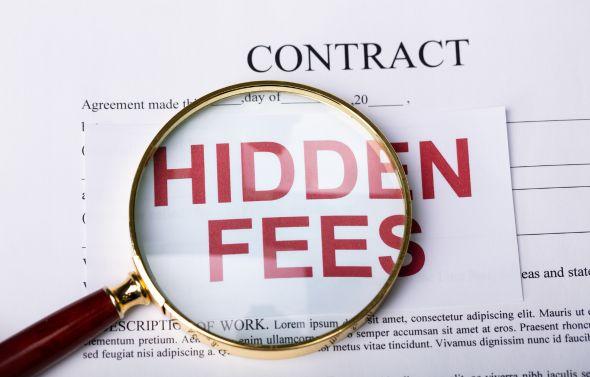
Are There Any Other OTA Fees or Costs?
In addition to standard commission rates, OTAs may charge extra fees that can impact a host’s overall earnings. These hidden costs vary by platform, making it essential to review your contract carefully before listing your property.
Here are some of the most common additional OTA fees hosts should be aware of:
Commission on upsells
Some OTAs charge commission on upsells, meaning hosts may have to pay a fee on extras offered during the booking process—such as breakfast, parking, towels or premium amenities. These additional charges can reduce overall profits, especially for hosts who rely on upsells to enhance the guest experience.
To maximize revenue and reduce OTA fees, consider promoting special offers and upsells directly on your website. This strategy not only helps avoid extra commissions but can also encourage more direct bookings. If your OTA contract includes rate parity clauses, offering exclusive deals or discounted upsells on your own platform can be a smart way to attract direct reservations while staying competitive.
VAT/GST
Depending on your region’s local tax laws, you may be required to pay value-added tax (VAT) or Goods and Services Tax (GST) on top of your OTA commission fees. Some platforms include tax in their commission rates, while others charge it separately, increasing the total cost for hosts.
To avoid unexpected expenses, check whether VAT/GST is included in your OTA’s commission structure. If it’s not, consult your local tax authority to understand reporting requirements and ensure compliance with tax regulations.
Channel manager Fees
Using a channel manager to connect your property management system (PMS) to OTAs is a smart move — it streamlines operations, prevents double bookings, and keeps your listings up to date. However, not all channel managers are cost-effective. Some charge extra fees per OTA connection or transaction, which can quietly add up over time. Airbnb for example, insists on software-connected hosts paying the host-only fees.
To maximize profits and avoid hidden costs, choose a channel manager that offers transparent pricing without additional commissions or transaction fees. A cost-effective solution ensures seamless OTA integration without eating into your revenue.

Cancellation rates
One often-overlooked cost of listing on OTAs is the high cancellation rate associated with these platforms. Many OTAs promote free cancellation policies to attract more bookings, but this can leave hosts dealing with last-minute cancellations and unpredictable occupancy.
A study by Phocuswire found that OTAs under Booking Holdings had an average cancellation rate of 50%, compared to just 18.2% for direct bookings. This discrepancy can make it challenging for property managers to accurately forecast occupancy, manage revenue, and optimize pricing strategies.
To minimize the impact of cancellations, consider implementing stricter cancellation policies, offering incentives for non-refundable bookings, and using a channel manager to track booking trends across multiple OTAs.
Increased visibility
Some OTAs, like Agoda, offer hoteliers the option to pay higher commission fees in exchange for better placement in search results. This means that properties willing to pay extra can appear higher in rankings, increasing their visibility to potential guests.
For some hosts, this added cost can be a worthwhile investment, especially if it leads to more bookings and higher occupancy rates. However, it’s important to weigh the return on investment (ROI). Before opting for paid visibility boosts, consider testing whether dynamic pricing strategies, improved guest reviews, or better listing optimization could help improve rankings organically.

Direct Bookings: A Smart Alternative to OTA Commissions
While OTAs provide valuable exposure, relying solely on these platforms can be costly due to high commission fees, additional charges, and cancellation risks. A direct booking strategy allows vacation rental hosts to take control of their revenue, reduce dependency on OTAs, and create stronger relationships with guests.
One of the best ways to increase direct bookings is by optimizing your own vacation rental website. A well-designed site with a user-friendly booking engine, competitive pricing, and exclusive offers can encourage travelers to book directly rather than through third-party platforms. Offering incentives like discounts, flexible cancellation policies, or added perks — such as early check-in or free amenities — can make direct booking more attractive.
Another powerful strategy is to leverage Google Vacation Rentals, which allows hosts to list their properties directly on Google Search and Google Maps without paying OTA commission fees. While OTAs will always play a role in distribution, a well-balanced channel management strategy that includes direct bookings can reduce costs, increase profitability, and give hosts greater control over their business.
Maximizing Your Revenue: Choosing the Right OTA Strategy
OTAs like Airbnb, Vrbo, Booking.com, and Tripadvisor offer hosts valuable exposure to millions of travelers—but at a cost. With commission rates, hidden fees, and additional costs varying across platforms, understanding the true price of listing is essential for maximizing profitability.
The key to success lies in strategic channel management. Balancing OTA commissions with direct bookings, leveraging pricing models that align with your revenue goals, and optimizing visibility without overspending can help you get the most out of each platform.
Before committing to an OTA, take the time to evaluate its commission structure, cancellation policies, and any extra fees. Consider whether higher commission rates provide enough value in return, and explore ways to reduce dependency on OTAs by building a strong direct booking strategy.
By making informed decisions, staying flexible, and choosing the right mix of OTAs, vacation rental hosts can increase bookings, reduce costs, and ultimately boost their bottom line.
Ready to find out how Hostaway can transform your business?
